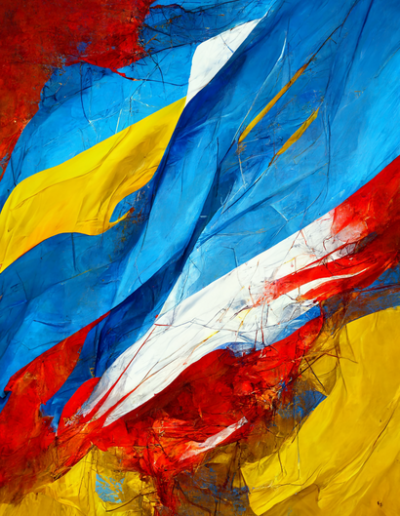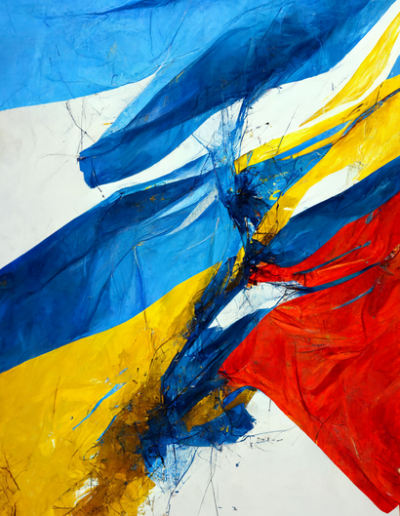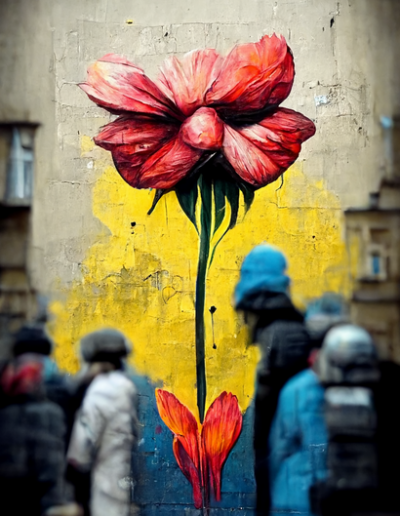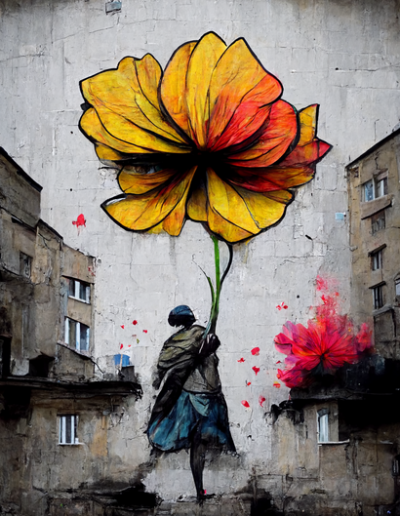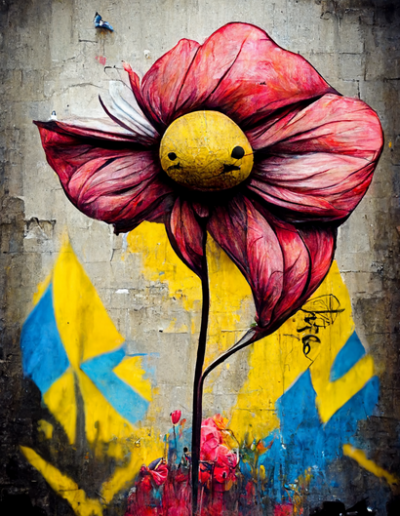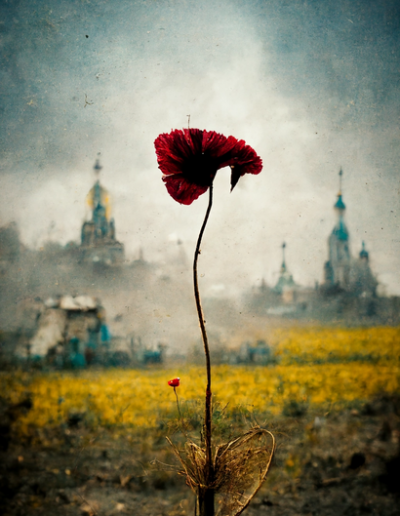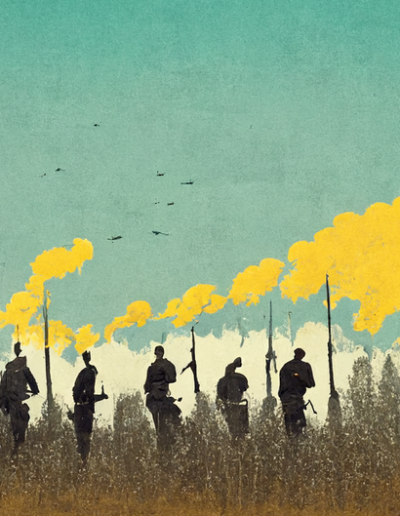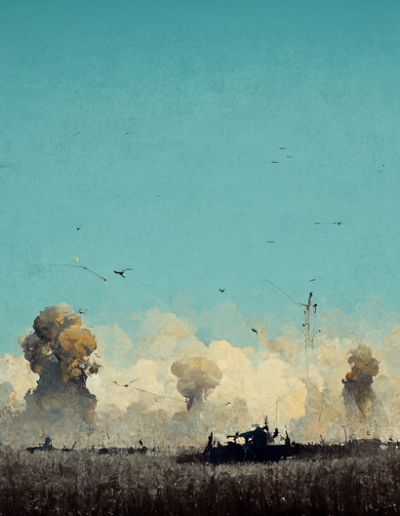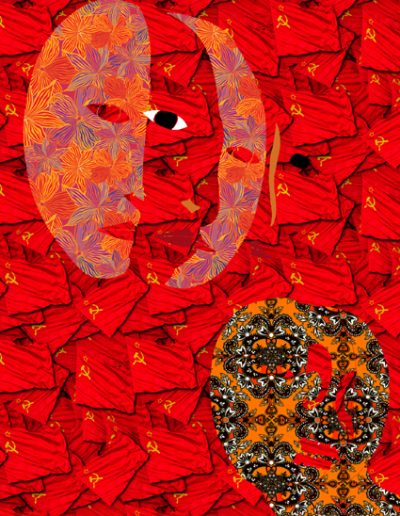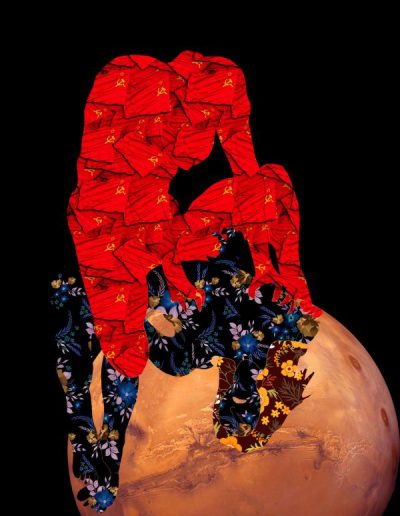Only Russians can change the political situation in Russia. So perhaps by listening to exiled Russian voices, the international community can understand what that might mean.
One often overlooked factor in the war in Ukraine is the artistic impact of the thousands of exiled Russians on their new host countries. What you might call the diaspora effect.
The Russian diaspora of Tbilisi, capital of Georgia, is now tens of thousands strong. And this diaspora is often digitally savvy, and artistic (or at least likely to go to up-and-coming Tbilisi art spaces such as Tato or the Tbilisi Art Fair ). Members of Pussy Riot, the iconic anti-Putin art-punk collective, for example, now live in Tbilisi. Alongside them are many others, who – together with their new hosts – must struggle to make sense of the radically-altered situation they find themselves in.
And from struggle comes art and creativity. Oppression, exile and dislocation foster many things, including art, music, dance and theatre. I once heard it said that the reason the UK consistently produces so much great art is a consistent feeling of alienation within the population. Utter pissed-offness generates its own voice.
It’s clear that only Russians can decide how they want their politics. But perhaps by listening – and helping to cultivate – the voices of Russians in their diaspora communities, the international community can come to understand what that might mean.
A growing appreciation of the way that other cultures live and make sense of their world is called Internationalism. That is happening in Tbilisi, and also in the wider world: witness the success of youtubers such as Niki Proshin or Inside Russia who count millions of views for their street-level uncensored Russian viewpoints (in English). Internationalism is about appreciating other (real) people’s viewpoints.
Yes, there are tensions. There are demonstration in Tbilisi about the influx of Russians. And rents in the Georgian capital have shot up as thousands of exiles look for a new home. How could it be otherwise? But if I look at the UK, my home country, my pride in being British (not part of Europe, yes, yes), is our integration of millions of non-indigenous people – diasporas – into newly-minted Brits. Our new prime minister is a Hindu. The home secretary is a woman. The previous chancellor was of colour. Whatever their politics, their ethnicity and genders are testament to both British internationalism and integration.
From a cultural point of view, internationalism, exile and diaspora are exactly the conditions in which ‘scenes’ arise. Many artists moved to Paris in the 20s, for example, fostering a sense of exile from the systems who had created the first world war. Cairo in the 2000s was home to a great art scene developed by people fed up with decades of military dictatorship and repression in Arab countries. The hippies in the 60s, and the UKs punks – it’s often nebulous as to why a ‘scene’ happens but it DOES happen.
Many Georgians have aspirations to join the EU. And the attraction is mutual – the has plenty of grants available in Georgia, for example. Yet the very idea of the EU is to get counties together that had spend hundreds of years fighting one another. To end the war in Ukraine, however unlikely that seems, fostering internationalism – and appreciating the art and culture that creates – would be a great start.
Perhaps – if we look hard enough – baby steps are being made towards this in Tbilisi and the other lands of the new Russian diaspora.


